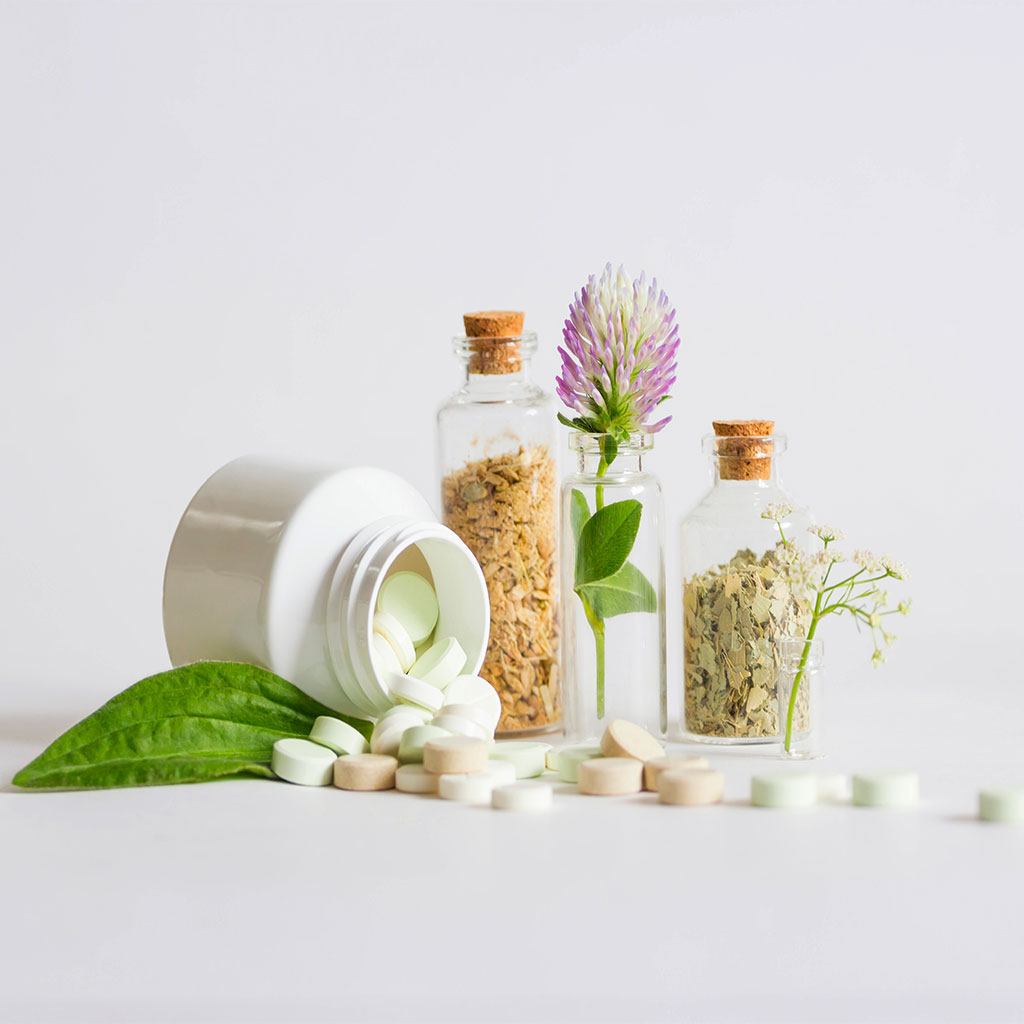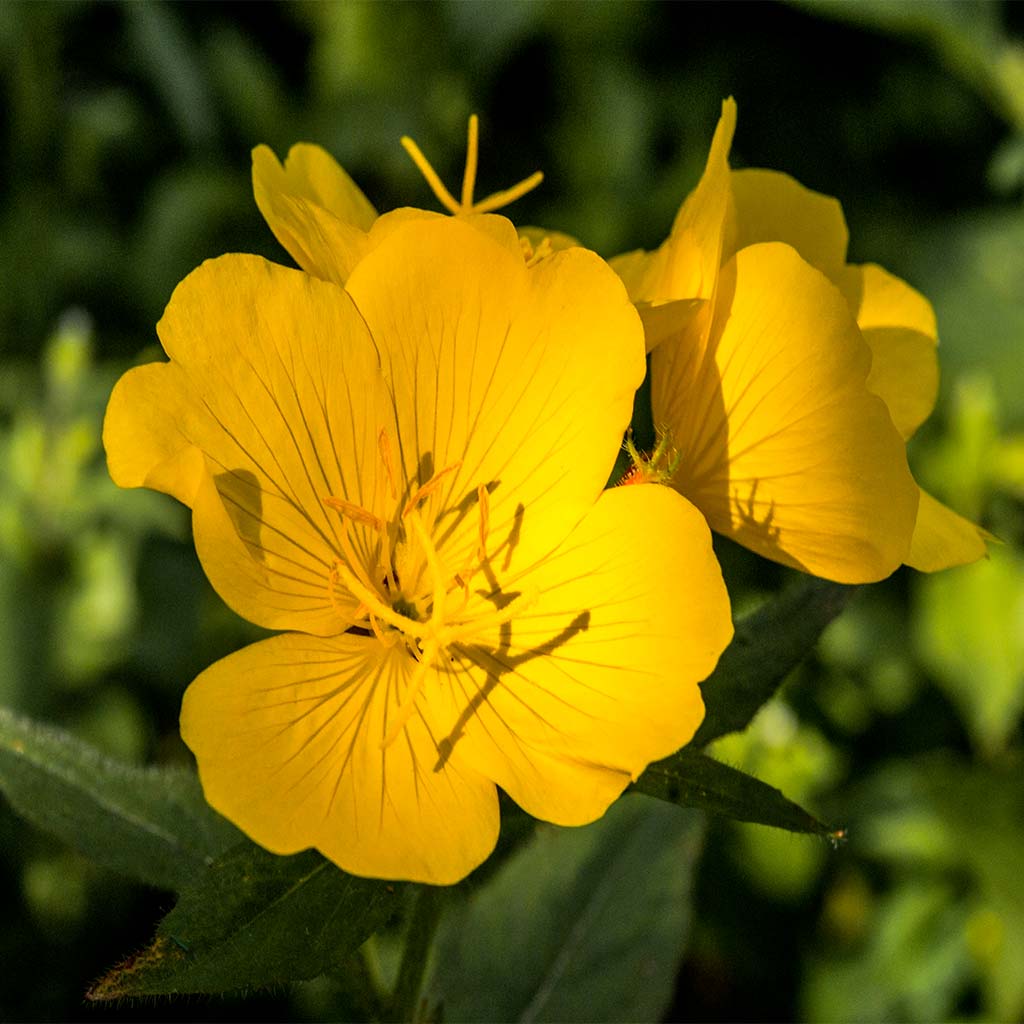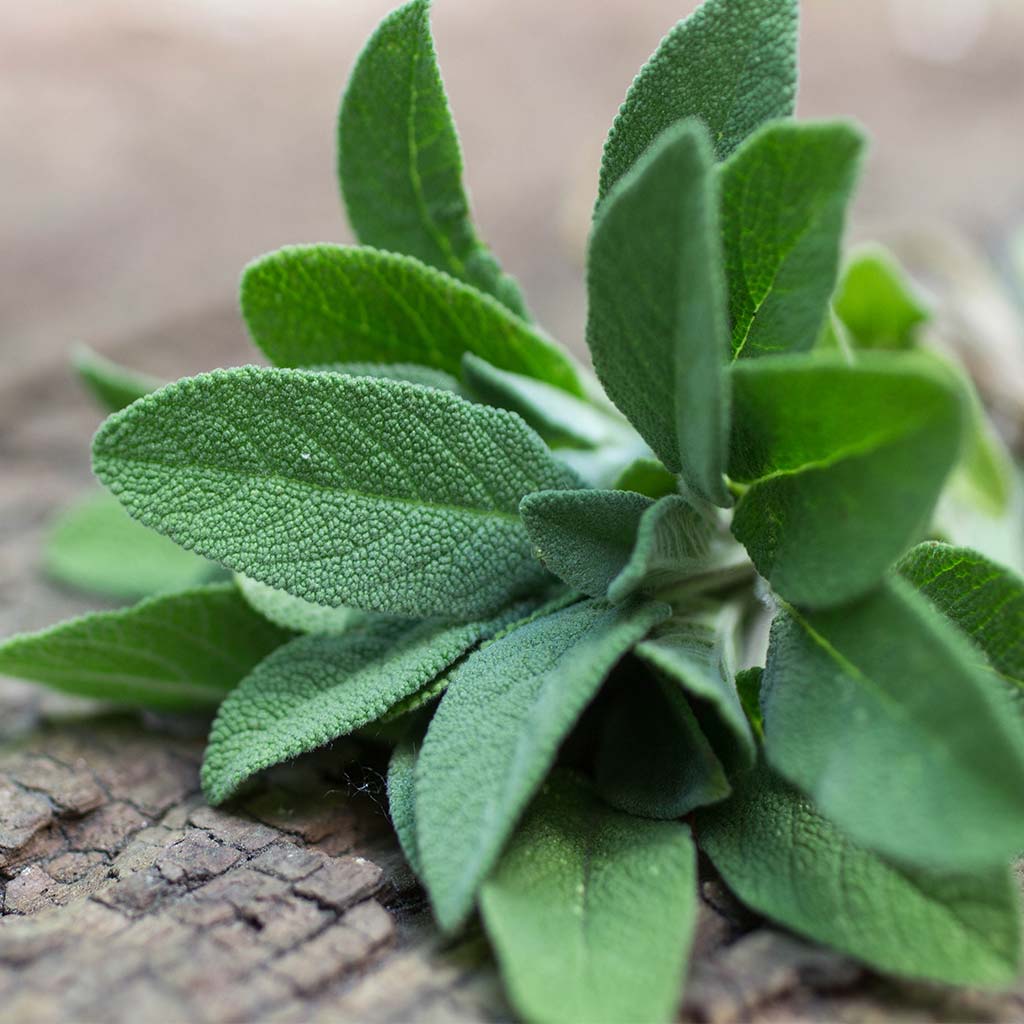Phytotherapy, as we saw in the previous post dedicated to it, can be used to reduce common ailments or help in processes such as weight control. Now we will see how there are plants that are very useful in maintaining urinary wellbeing and women’s wellbeing.
Urinary well-being.
Among the most common infections we can suffer from are those related to the urinary tract. Medicinal plants can be of great help in preventing these, or in helping to eliminate them if they are mild. Even so, it should be borne in mind that antibiotics are sometimes necessary. In addition, some plants are also useful for prostate problems. Read on, we’ll tell you all about it!
- Cranberry: the fruit of the cranberry bush has long been used to treat urinary disorders thanks to its antiseptic properties. Its efficacy lies in its ability to inhibit bacterial adhesion to the surface of the body’s mucous membranes.
- Pumpkin seed oil: this oil is rich in vitamins, trace elements and phytosterols. The latter are able to reduce prostatic inflammation, which causes the associated urination problems.
- Dandelion: the root of the dandelion has depurative functions, which promotes the elimination of liquids and the cleansing of toxins accumulated in the body.
- Bearberry: bearberry leaf has urinary antiseptic properties due to its high arbutoside content, a substance with antibacterial properties against Escherichia coli. It is also a source of tannins, useful for their anti-inflammatory and diuretic properties.
- Nettle root: contains B-sitosterol, alleviating the difficulty in urination and discomfort that people with benign prostatic hypertrophy may suffer.
Beauty, menopause and mental health
Digestive disorders are the order of the day for many people. Whether due to the pace of life, a sometimes unbalanced diet or complicated physiological conditions, it is not uncommon to hear someone complaining of a tummy ache, constipation or diarrhoea. Fortunately, medicinal plants can be very useful in these cases.

- Evening primrose: evening primrose leaf is rich in polyunsaturated fatty acids, which contribute to well-being during the menstrual period, helping to reduce the discomfort that accompanies this period.
- Sage: sage leaf contains phytoestrogens, which help to alleviate menopausal disorders, especially hot flushes and perspiration. It also helps in the case of irregular or painful periods.



